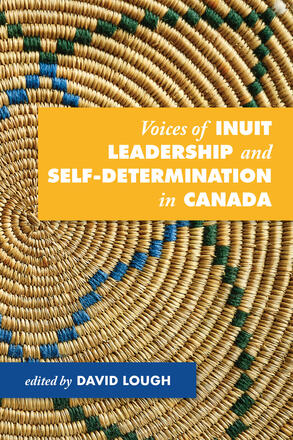
Description
This book presents a broad range of perspectives and voices — Inuit and non-Inuit, youth and Elders, academics and community members — united in their commitment to understanding what Inuit leadership is, has been, and will be. Premised on the understanding that new ways of blending traditional knowledge with scientific epistemologies must be forged, this volume represents a continuum of voices and styles. It also deploys a diversity of formats, ranging from traditional storytelling to structured critical discourse. Always considering past, present, and future, Voices of Inuit Leadership and Self-Determination in Canada examines not only the political aspects of leadership, but also, cultural narratives, community practices, and research agendas.
Across the pages, a portrait of Inuit leadership for the twenty-first century emerges. It is visionary and consensual, brutally honest about the past and optimistic for the future. It is rooted in ancient cultural traditions, yet focused on a future that will define its political and cultural autonomy on the very principles that underscore that culture. It is determined in its will toward self-determination and resolute in its desire to assume control for the creation of knowledge about itself and its people.